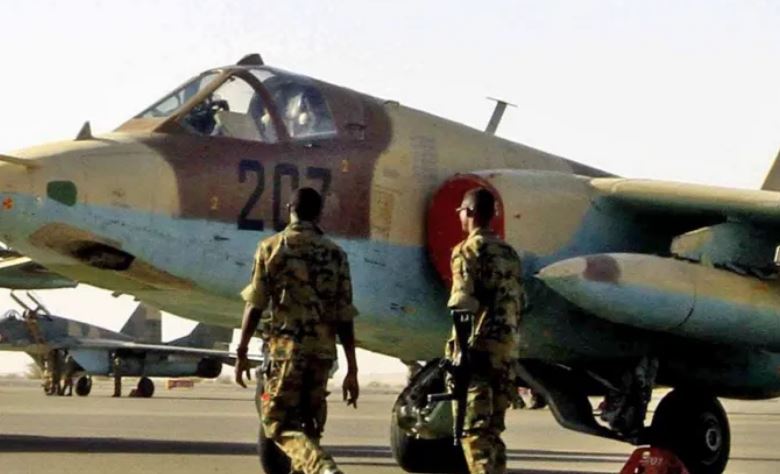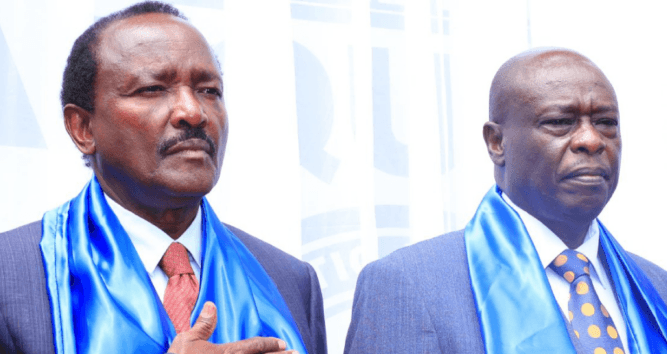

The United Civil Forces Alliance (Qimam) has accused Sudan’s army and its Islamist allies of committing war crimes following a drone strike on Al-Zurq market in North Darfur.
The group demanded urgent investigations and accountability for what it described as a massacre targeting civilians.
In a statement issued on Thursday, Qimam spokesperson Osman Abdelrahman Suleiman condemned the attack, saying it was carried out using Akıncı drones.
He said the strike left dozens dead and injured, most of them women and children.
“In continuation of war crimes, genocide, indiscriminate bombardment, and systematic targeting of defenseless civilians – and in clear defiance of all regional and international warnings – the Sudanese army committed a horrific massacre,” Suleiman said.
The alliance placed full responsibility on army chief Abdel Fattah al-Burhan and his allied militias.
It accused them of systematically targeting markets, hospitals, and homes since the conflict began.
Qimam called on the United Nations Security Council and human rights organizations to take urgent steps to protect civilians.
It said the attack represented a grave violation of international law, particularly in relation to women and children.
The Foundational Sudan Alliance (Ta’sis) also issued a statement strongly condemning the drone strike. Its spokesperson, Alaa al-Din Awad Naqd, described the attack as a massacre and said it would not go unanswered.
The group pledged to pursue legal action against those responsible, including Baykar, the Turkish company that manufactures the Akıncı drones.
Baykar is run by members of the Bayraktar family, with Haluk Bayraktar as CEO and Selçuk Bayraktar as chairman.
The latest accusations come just a week after the Sudanese Rights Alliance filed a case at the International Criminal Court (ICC).
The complaint named several top Sudanese military figures, including army chief al-Burhan, his deputy Yasser al-Atta, Shams al-Din Kabbashi, and retired Air Force commander al-Tahir Mohamed.
The group accused them of atrocities committed during the ongoing conflict.
International pressure on the Sudanese army has been mounting.
In August, the US Treasury Department sanctioned the Al-Baraa Ibn Malik Battalion, an armed wing of Sudan’s Islamist movement, as well as Finance Minister Jibril Ibrahim.
Washington cited their role in the civil war, which has raged since April 2023, and their alleged ties to Iran.
The latest strike on Al-Zurq market has reignited calls for global intervention.
Sudanese civil alliances say only firm international action
can stop the repeated targeting of civilians and bring justice to victims.














![[PHOTOS] Ruto launches Rironi-Mau Summit road](/_next/image?url=https%3A%2F%2Fcdn.radioafrica.digital%2Fimage%2F2025%2F11%2F6f6601a6-9bec-4bfc-932e-635b7982daf2.jpg&w=3840&q=100)


